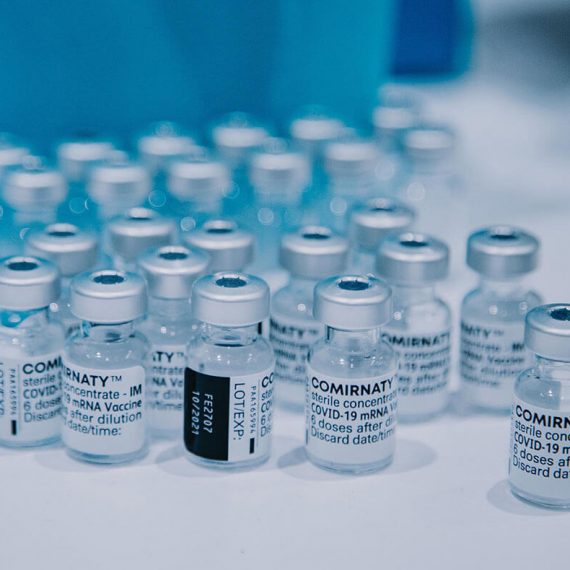Revolutionizing the Drug Manufacturing Industry
Pharmaceutical raw materials, also known as active pharmaceutical ingredients (APIs), are the fundamental building blocks of the drug manufacturing industry. They play a critical role in ensuring the quality and efficacy of medicines. Over the years, advancements in technology have led to significant improvements in the production of pharmaceutical raw materials, making drug manufacturing more efficient, cost-effective, and environmentally friendly.
Here are some of the major advancements in pharmaceutical raw material production:
- Green Chemistry: With increasing environmental concerns, there is a growing demand for sustainable and eco-friendly manufacturing processes. Green chemistry is a set of principles that guide the design and development of chemical processes that reduce or eliminate hazardous substances and waste. Pharmaceutical companies are increasingly adopting green chemistry practices in the production of APIs, resulting in more sustainable and environmentally friendly manufacturing processes.
- Process Analytical Technology (PAT): PAT is a system for designing, analyzing, and controlling manufacturing processes through timely measurements of critical quality and performance attributes of raw and in-process materials. It helps in real-time monitoring of the manufacturing process and facilitates continuous improvement, leading to higher product quality, reduced manufacturing costs, and increased efficiency.
- Continuous Manufacturing: Traditionally, drug manufacturing has been a batch process, where the raw materials are processed in batches. Continuous manufacturing, on the other hand, involves the continuous processing of raw materials, resulting in a more consistent and uniform product. It also reduces the time and cost of manufacturing, making drug production more efficient and cost-effective.
- Artificial Intelligence (AI) and Machine Learning (ML): AI and ML technologies have the potential to revolutionize pharmaceutical manufacturing by improving efficiency, reducing costs, and increasing the speed of drug development. They can be used to optimize the manufacturing process, identify and mitigate risks, and develop predictive models to enhance the quality of the final product.
- Biotechnology: Biotechnology is another area that has seen significant advancements in recent years, particularly in the production of biologics. Biologics are large molecules that are manufactured using living cells. Biotechnology-based processes for the production of pharmaceutical raw materials have led to higher yields, increased purity, and improved efficiency.
In conclusion, advancements in pharmaceutical raw material production have significantly transformed the drug manufacturing industry. These advancements have led to more sustainable and environmentally friendly manufacturing processes, reduced manufacturing costs, improved product quality, and increased efficiency. With ongoing research and development in this field, we can expect further advancements in the coming years, leading to even greater improvements in the quality and efficacy of medicines.








